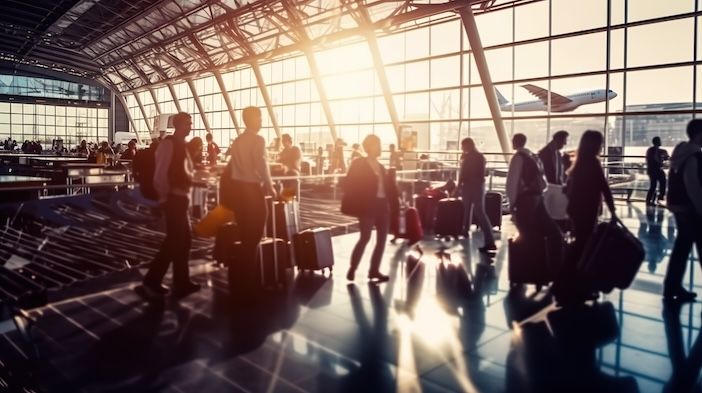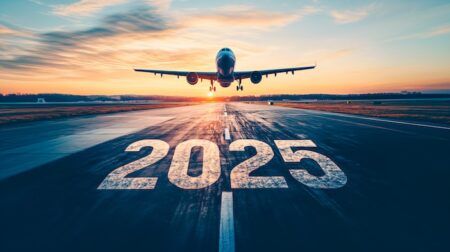Research has found it takes a flight delay of just 64 minutes for passengers to become agitated and, in the era of social media, it takes less than seconds for this frustration to be posted on multiple social media platforms, causing a significant amount of reputational damage to an airline and the aviation sector.
The recent global software outage, which led to grounded flights and caused widespread travel chaos, highlights the inevitability of disruptions in the aviation industry. While airlines manage complex operations and address both internal and external factors, ground transportation experts argue the passenger experience is often overlooked.
Disruptions are an unavoidable aspect of air travel, but the key lies in how we manage them. By adopting an efficient disruption management framework, airlines can significantly minimise the negative impact on passengers despite the challenges. This proactive approach not only safeguards the airline’s reputation, but also strengthens the overall resilience of the aviation sector.
There are four ways airlines can navigate these disruptions:
1: Personable communication
It is paramount for airlines to ensure that effective and transparent communication is issued across a variety of accessible channels.
Technology is broadly embraced by passengers overall; however, when faced with the unforeseen circumstances of aviation disruption, passengers are more inclined to reach out for assistance from human support and a more personable touch.
Research conducted by CMAC Group surveyed 1,100 travellers who had taken a return flight within the past 12 months, with a staggering 82% promoting the superiority of human support as opposed to technology in times of disruption.
Unlike automated AI systems, humans have the advantage of truly engaging with each other, offering an empathetic approach to a situation where we understand the gravity of the situation and the stress it can cause. Interaction between an experienced ground staff member and an inconvenienced passenger will greatly empower the trust and loyalty of an airline, providing the opportunity for an employee to help increase passenger satisfaction and proactively manage expectations.
2: Flexible re-booking policies
CMAC’s research suggests that airlines may be falling short of their duty of care obligations, with 53% of disrupted passengers stating that their airline did not provide either travel or accommodation solutions.
Times of disruption should be taken as a prime opportunity for airlines to showcase how their dynamic blend of customer-orientated solutions and operationally swift turnaround is superior to how their competitors may react in a similar scenario.
Airlines should be compelled to revise their re-booking and accommodation policies to provide alternative arrangements, such as arranging alternative flights, providing transport and overnight accommodation for those experiencing extended delays, and offering bonus air miles or vouchers to put towards a future flight. These approaches can regain any loss of trust between the traveller and airline whilst showing a passenger-focused approach.
3: Automation and technology investment
During travel disruptions, the trajectory of technology in aviation not only accelerates the recovery time of an operation, but it also allows passengers to receive prompt updates regarding their flight schedule, gate changes and other relative travel information, via mobile apps or SMS alerts.
Using a personalised means of digital communication empowers passengers by enabling them to make better-informed decisions, or at the minimum ensuring they are kept ‘in the loop’ regarding their travel plans. They can then potentially arrange alternative travel solutions if necessary, consolidating the trust built between airline and passenger.
4: Post-disruption engagement
Following a travel disruption, it is important to re-engage with the customer after a disappointing experience, demonstrating empathy and expressing a genuine interest in sourcing the root cause of the grievance and taking accountability. Reaching out to passengers proactively communicates that feedback is welcome and that their experience will be used in creating contingency plans in the event of a similar incident arising again.
It’s impossible to rule out any form of disruption due to the unpredictable nature of the air travel industry, but airlines can have a stronger response by communicating with passengers more openly, creating a standard of inclusiveness and genuine care for the customer experience.
About CMAC Group
CMAC Group is a provider of managed ground transport and accommodation solutions for businesses. The company has operations in the UK, France, Spain, Portugal, Greece and The Netherlands, managing journeys for close to three million travellers annually on behalf of airlines and ground handlers, train operators, corporations and consumers.





